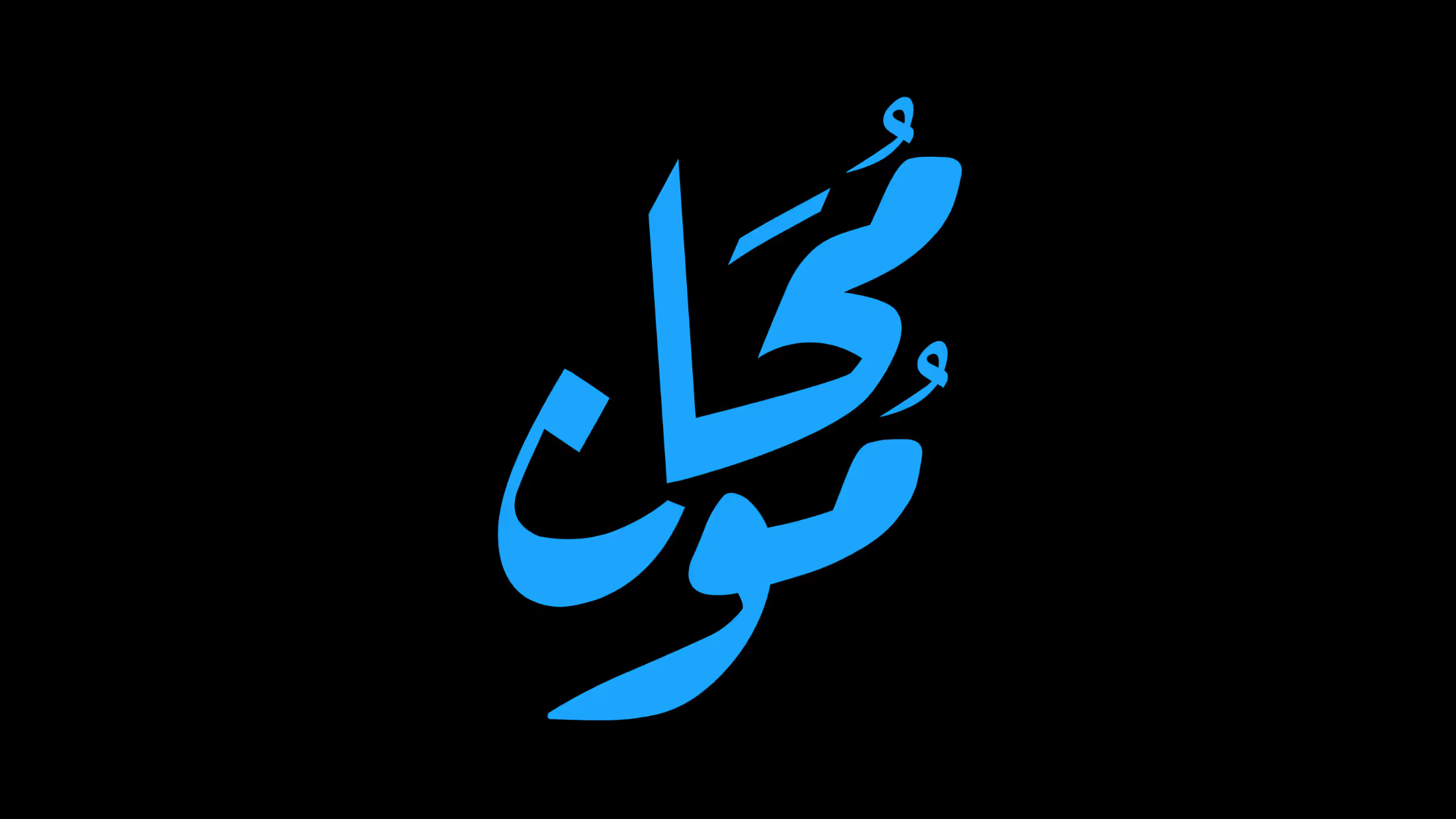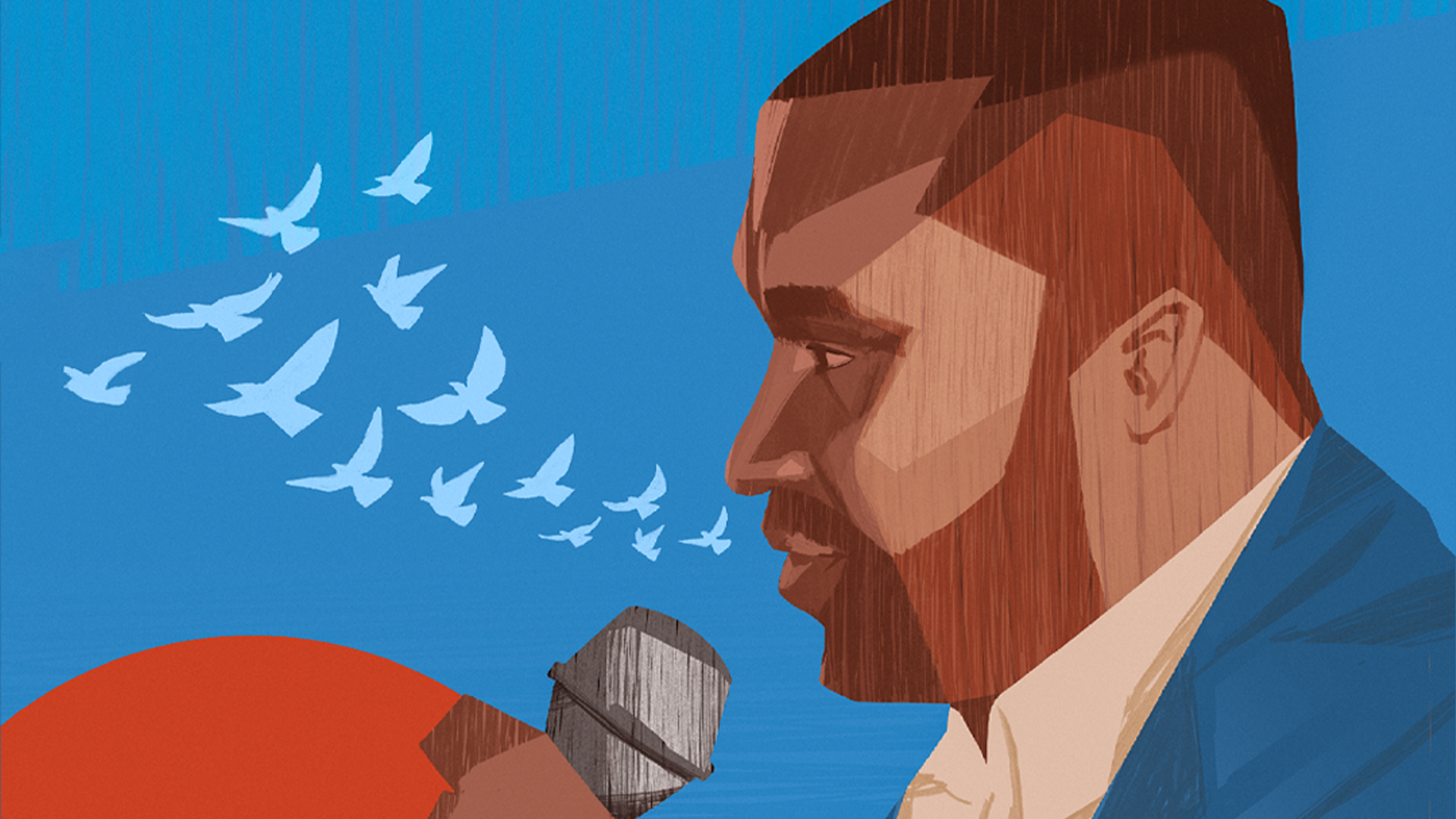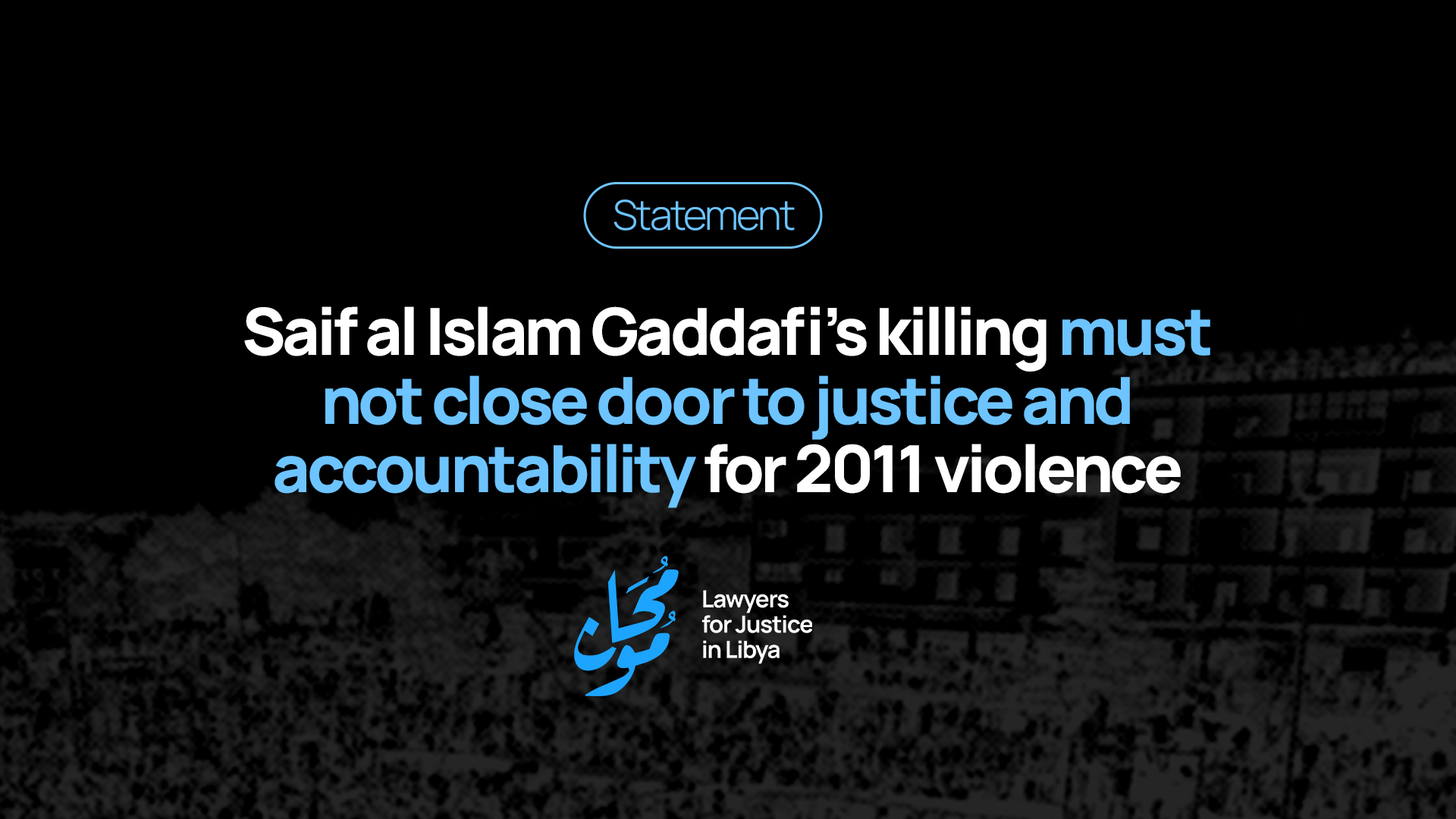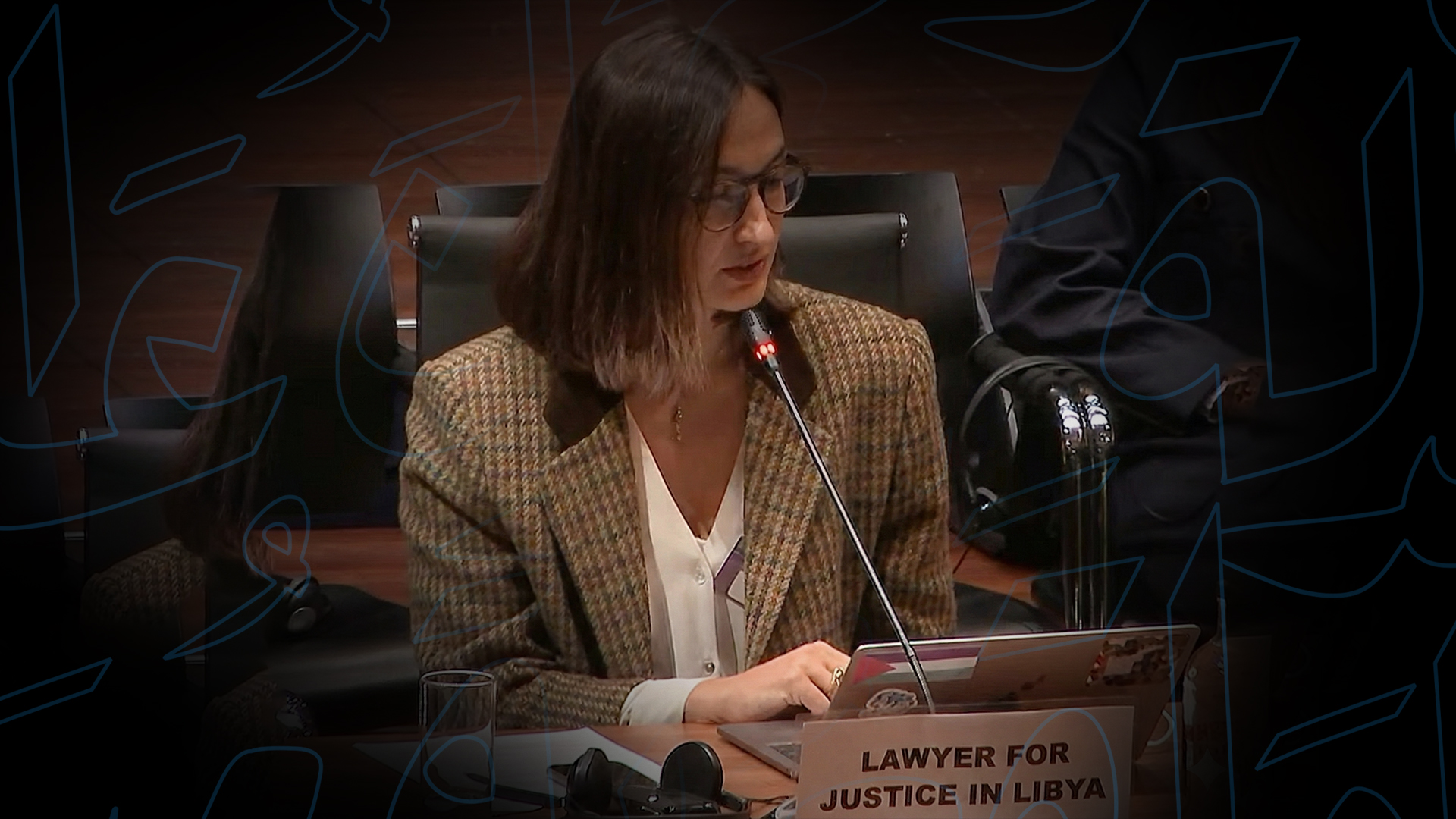LFJL publishes the third instalment of its Sawti report series
Lawyers for Justice in Libya (LFJL) presents the final instalment in its series of three Sawti reports on freedom of expression in Libya. The third report assesses how media freedom has evolved since 2011 and what factors affect its current enjoyment, such as restrictive legal provisions and violence targeted towards media practitioners. The report follows the first report’s analysis of the right to freedom of expression throughout Libya’s modern history and the second report’s evaluation of the current legal framework’s impact on the freedoms of civil society.
The Libyan state has failed to secure the safety and fundamental freedoms of the Libyan media. The current environment is extremely hostile to media practitioners who are subject to a system of inappropriate media regulations and risk violent attacks from non-state actors. In preventing the media from operating freely, these challenges have resulted in self-censorship and encouraged the polarisation of reporting.
The third Sawti report examines the obstructions to media freedom in detail, assessing their impact and identifying recommendations for reform. The report draws on the opinions of key freedom of expression stakeholders to highlight their perceptions of the current challenges. In this report LFJL interviews Ms. Fatima Ghandour, journalist and lecturer at the Arts and Media Department at Tripoli University, who stresses the importance of self-regulation as a first crucial step for pluralism and media ethics. LFJL also interviews Jbour Doken, reporter for the Turkish Anadolu Agency, who has received numerous threats whilst reporting in Libya and shares with us his experiences.
Sawti Researcher, Riad Alakar, reflected on the report’s findings noting, “It is troubling to see that the surge of media operations following the 2011 uprising have been undermined by the failure of the state to address prevailing legal, institutional and security concerns. The state must safeguard the rights of journalists through the establishment of an appropriate legal framework in compliance with international standards and in recognition of the needs identified by stakeholders. The state must end impunity for attacks against freedom of expression stakeholders and institutions, if it is to allow a diverse and plural media environment to flourish.”
LFJL invites Sawti report readers to share their thoughts on media freedom and freedom of expression in Libya. To join the discussion, please send your emails to sawti@libyanjustice.org or contact LFJL on Twitter or Facebook.





